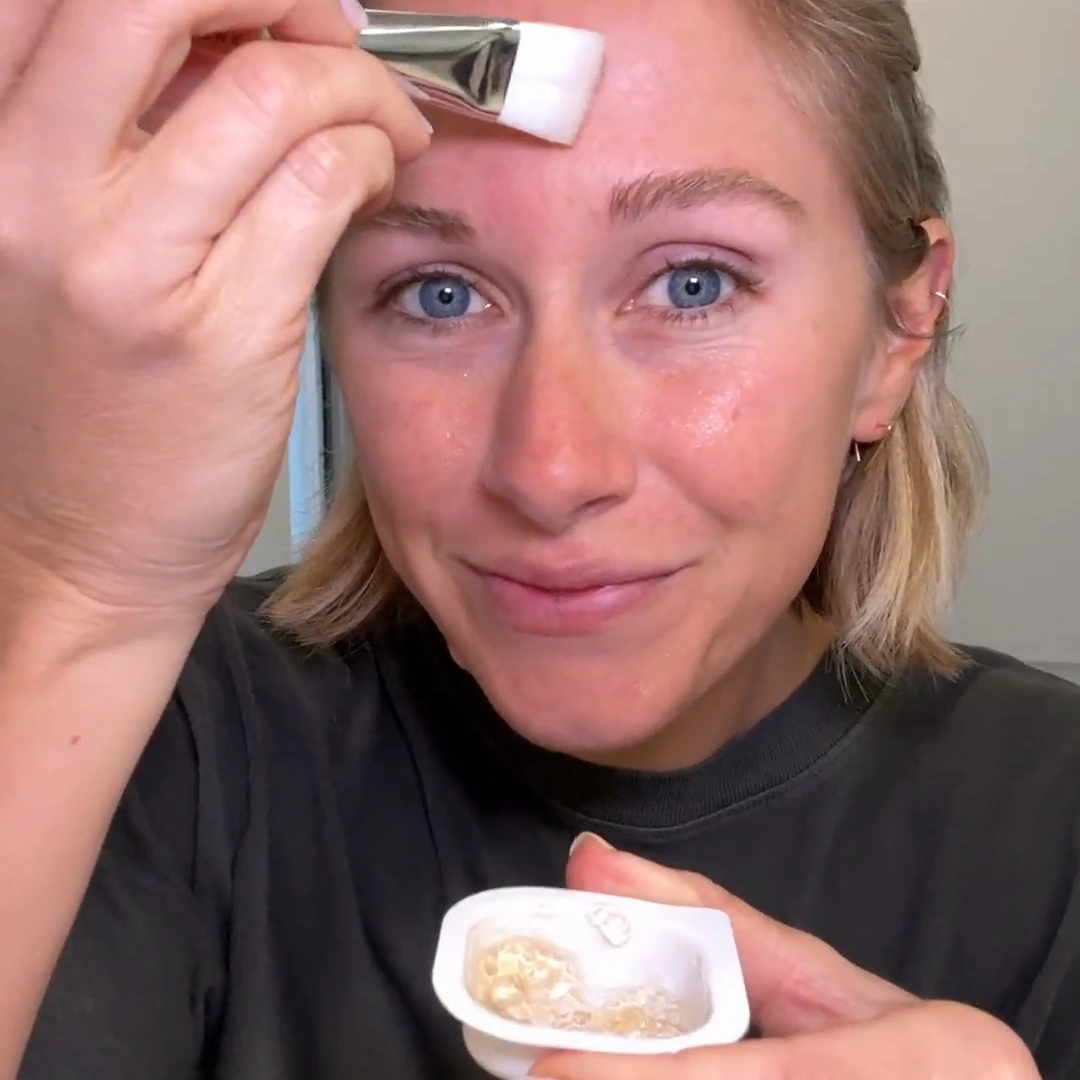Yoga is more than just a physical practice; it’s a holistic approach to well-being that encompasses the mind, body, and spirit. Whether you’re looking to improve flexibility, reduce stress, or enhance your overall fitness, yoga offers a versatile and accessible way to achieve your goals. If you’re new to yoga, embarking on this journey can be both exciting and a bit overwhelming. This guide is here to help you navigate the world of yoga for beginners and get you started on your path to a healthier and more balanced life.
Understanding Yoga: What Is It?
Yoga is an ancient practice that originated in India over 5,000 years ago. It incorporates a combination of physical postures, breathing techniques, meditation, and mindfulness to promote physical and mental well-being. The word “yoga” itself means to unite or join, symbolizing the connection between mind, body, and spirit.
Getting Started: Tips for Beginners
- Choose the Right Type of Yoga:
- Hatha Yoga: A gentle and beginner-friendly style that focuses on basic postures and alignment.
- Vinyasa Yoga: A more dynamic practice that links breath with movement, offering a good workout.
- Ashtanga Yoga: A physically demanding style that follows a specific sequence of postures.
- Yin Yoga: A slow-paced practice that focuses on holding poses for extended periods, enhancing flexibility and mindfulness.
- Iyengar Yoga: Known for its emphasis on precise alignment and use of props like belts and blocks.
- Restorative Yoga: A deeply relaxing practice that uses props to support the body in restful poses.
- Start with Beginner Classes: Look for classes labeled as “beginner” or “gentle.” These classes provide a foundation for your practice and introduce you to essential postures and alignment.
- Invest in a Yoga Mat: A good-quality yoga mat provides comfort and stability during your practice. Choose one that suits your needs and budget.
- Wear Comfortable Clothing: Opt for clothing that allows for ease of movement. Yoga is typically practiced barefoot.
- Set Realistic Goals: Understand that progress in yoga is gradual. Be patient with yourself and focus on the process rather than immediate results.
The Basics of Yoga: Essential Elements for Beginners
- Breathing (Pranayama): Breath awareness is a fundamental aspect of yoga. Learning to control and deepen your breath helps calm the mind and energize the body.
- Asanas (Poses): Yoga poses are designed to improve flexibility, strength, and balance. Start with basic poses like Downward-Facing Dog, Mountain Pose, and Child’s Pose.
- Meditation and Mindfulness: Yoga encourages mental clarity and presence. Incorporate meditation and mindfulness into your practice to reduce stress and enhance self-awareness.
- Relaxation (Savasana): Every yoga session concludes with Savasana, a relaxation pose. This allows the body and mind to absorb the benefits of your practice.
Building Your Yoga Practice:
- Consistency is Key: Aim for regular practice, even if it’s just a few minutes each day. Consistency helps you progress and experience the full benefits of yoga.
- Listen to Your Body: Yoga is about self-care. Pay attention to your body’s signals and modify poses as needed. Avoid pushing yourself too hard.
- Explore Online Resources: There are numerous online tutorials and videos for beginners. They can be a convenient way to practice at home or supplement your studio classes.
- Join a Yoga Community: Consider joining a local yoga class or community. Practicing with others can provide motivation and a sense of belonging.
Benefits of Yoga for Beginners:
- Improved Flexibility: Yoga gradually increases your range of motion.
- Enhanced Strength: Many poses require core and muscle engagement.
- Better Posture: Yoga promotes awareness of body alignment.
- Stress Reduction: Breathing and meditation techniques reduce stress and anxiety.
- Mind-Body Connection: Yoga fosters a deeper connection with yourself.
- Increased Energy: Regular practice can boost vitality and overall well-being.
In Conclusion:
Yoga is a journey of self-discovery and holistic well-being. As a beginner, you have the opportunity to explore various styles and approaches to find what resonates with you. Remember that yoga is a personal practice, and there’s no competition or comparison involved. It’s about embracing where you are today and gradually progressing toward your goals. So, roll out your mat, take a deep breath, and embark on a beautiful journey of self-care and self-discovery through yoga. Namaste!




